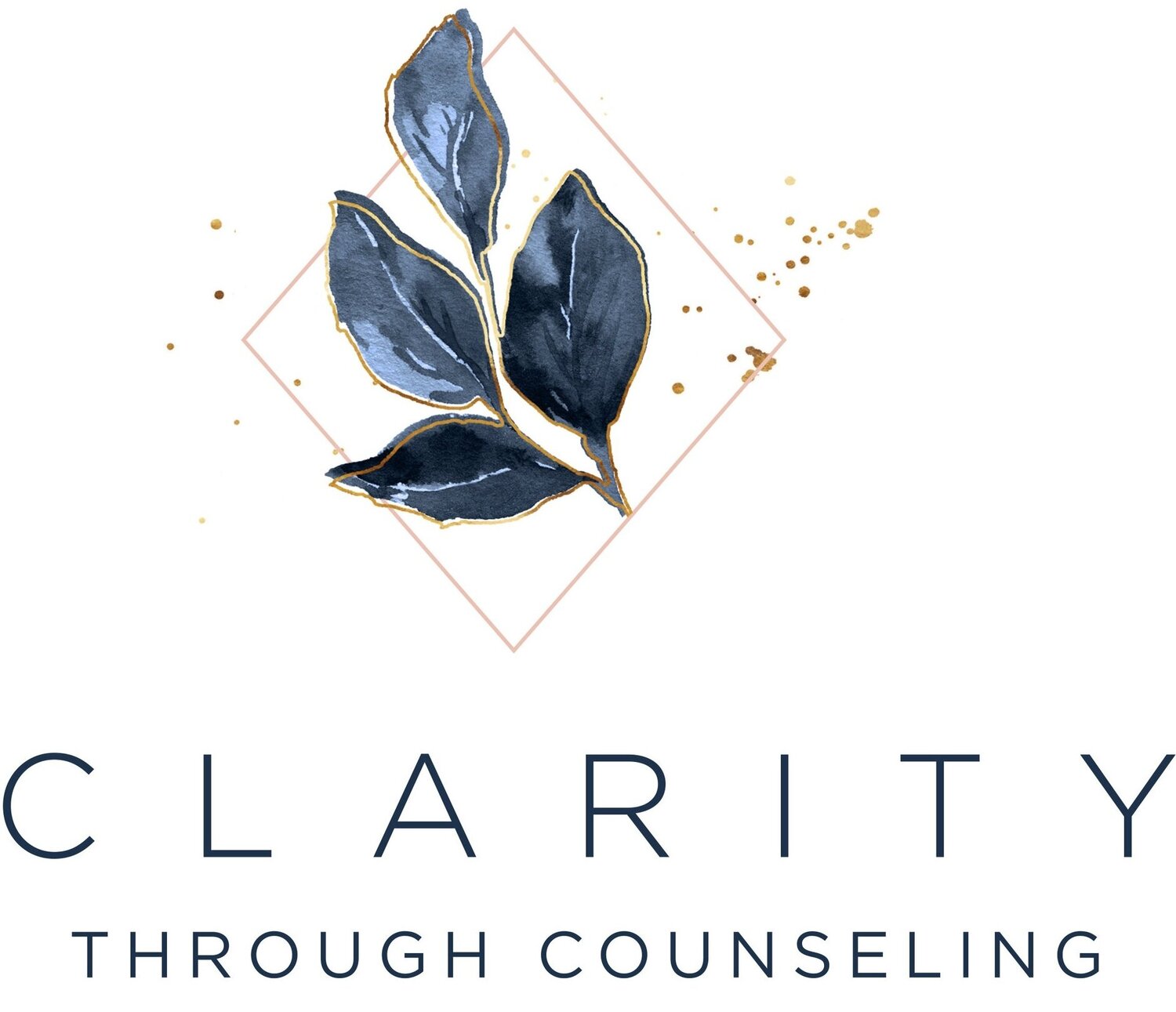Top 4 Concepts in Therapy
Starting therapy, whether it is your first time, or starting with someone new, can be very daunting. You may not know what to expect from your therapist and therapy itself. While every therapist is going to have a different personality and approach, here are a few insights that I hope all of my clients take away from our sessions together:
How to Identify and Communicate Your Feelings
The core to therapy is learning how you personally experience and interpret emotions. Every feeling we experience has physical symptoms that tell us that we are experiencing that specific emotion. Therapy should help you identify which emotions you are feeling, and how to tell others that are important to you that you are feeling them. It is helpful to identify your emotions so that you are not sitting in confusion about what you’re feeling. Being unsure how you feel can be confusing and exacerbate the emotion that is there, and make us more self-critical. It is also helpful to learn how to communicate our emotions and our needs to others. Most of us were not taught healthy ways to communicate that we are frustrated or anxious which usually makes for tension or isolation in relationships.
Your Core Beliefs
Every single one of us has core beliefs that guide how we think, feel and behave. Usually, these core beliefs have been instilled in us, either consciously or unconsciously, since childhood. These may look like:
I’m ugly
I’m weak
I’m a failure
I’m bad
I’m unlovable
I’m stupid
I’m worthless
I’m different
I’m weird
The world is unsafe
People are mean etc.
It is important to identify these core beliefs, as they will shape the lens with which you look at others, the world, and yourself. If our belief is that we are worthless, we will unconsciously make decisions that will lead us to situations that reinforce that we are worthless. Thus, causing us more harm.
Your Patterns/Cycles
At some point in therapy, patterns start to emerge where similar scenarios seem to play out often. This may look like romantic relationships not working out, getting fired from jobs, or staying in bed for long periods of time etc. Whatever your patterns are, they need to be identified and processed. This means that you and your therapist needs to explore what gets you in these situations time and time again, or what satisfaction (which may be unconscious) comes from repeating these cycles. What motivates us to continue in these patterns also needs to be explored. A lot of times, it has to do with the above core beliefs that we hold for others, the world, and ourselves. The next step would be coming up with plans so that those behaviors that keep you engaged in the cycle are not being acted on any longer.
Self-compassion
One of the largest components to therapy is self-compassion, despite what the client comes to therapy for. Our culture has set us up to fear or label a lot of our emotions and actions as “wrong” or “bad.” We need to work on validating our emotions, because there is always a real reason why we are feeling a certain way. In a world where criticism is the standard, we need to revolt and treat ourselves with understanding. Something I say to my clients often is “You can’t hate yourself into loving yourself.” This resonates with a lot of people, because our usual approach is to criticize ourselves for “still feeling sad”, or “not getting over my father’s death soon enough.” Doing this will not help you heal, and will actually keep you in the uncomfortable feeling for longer. This may be one of the hardest but most essential concepts to practice.
